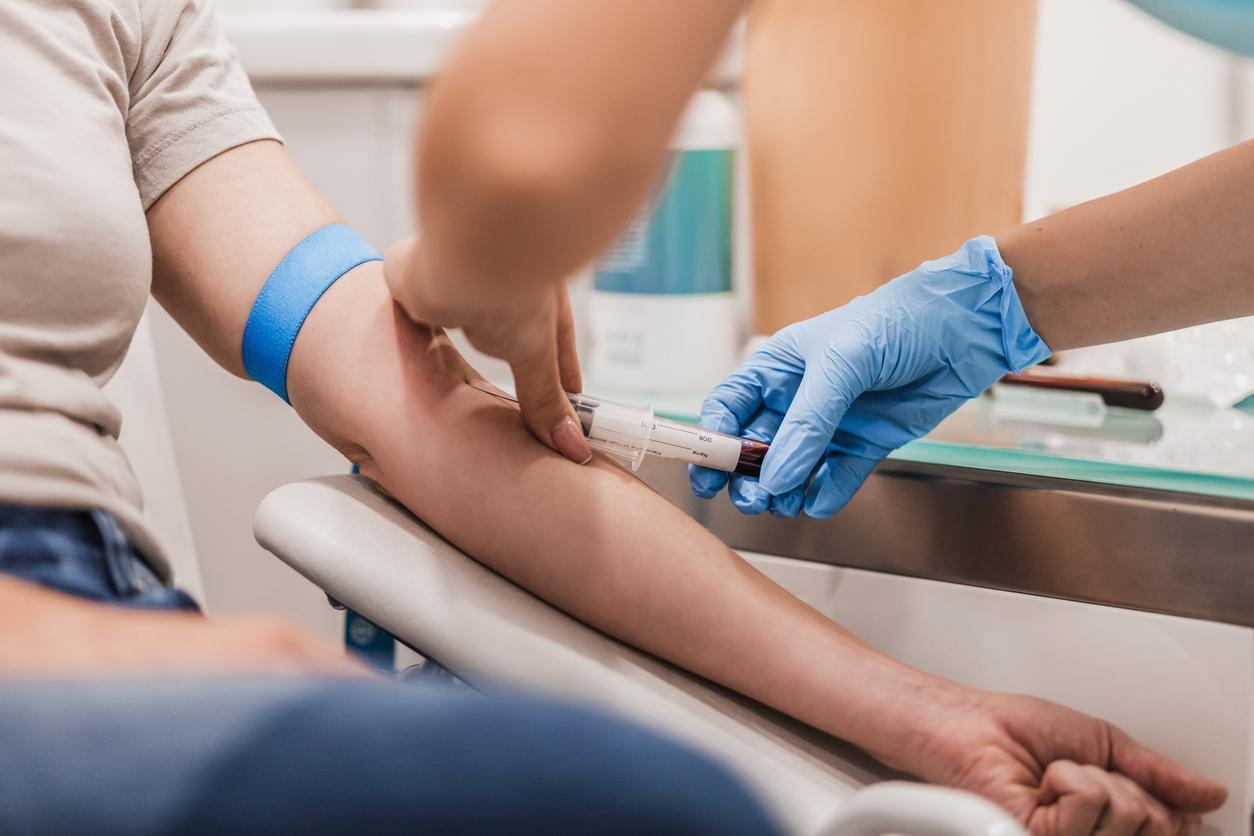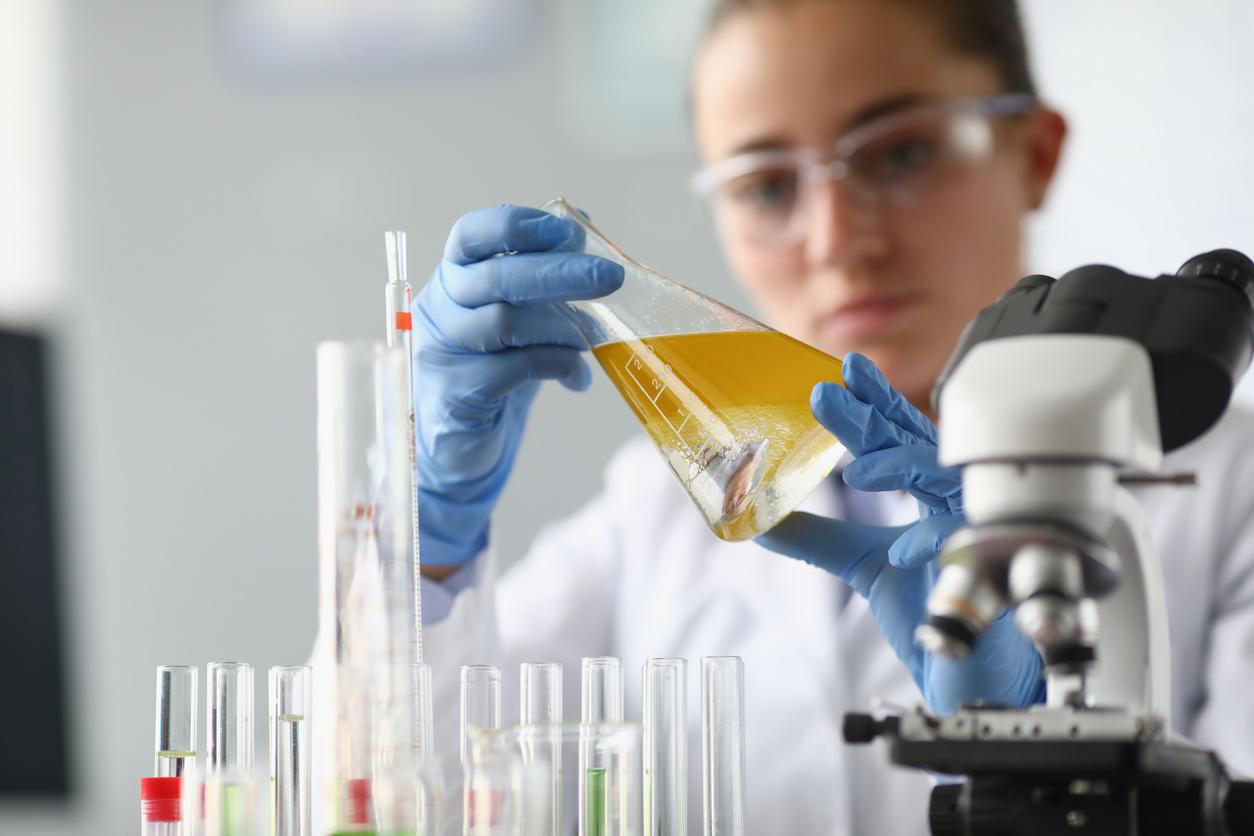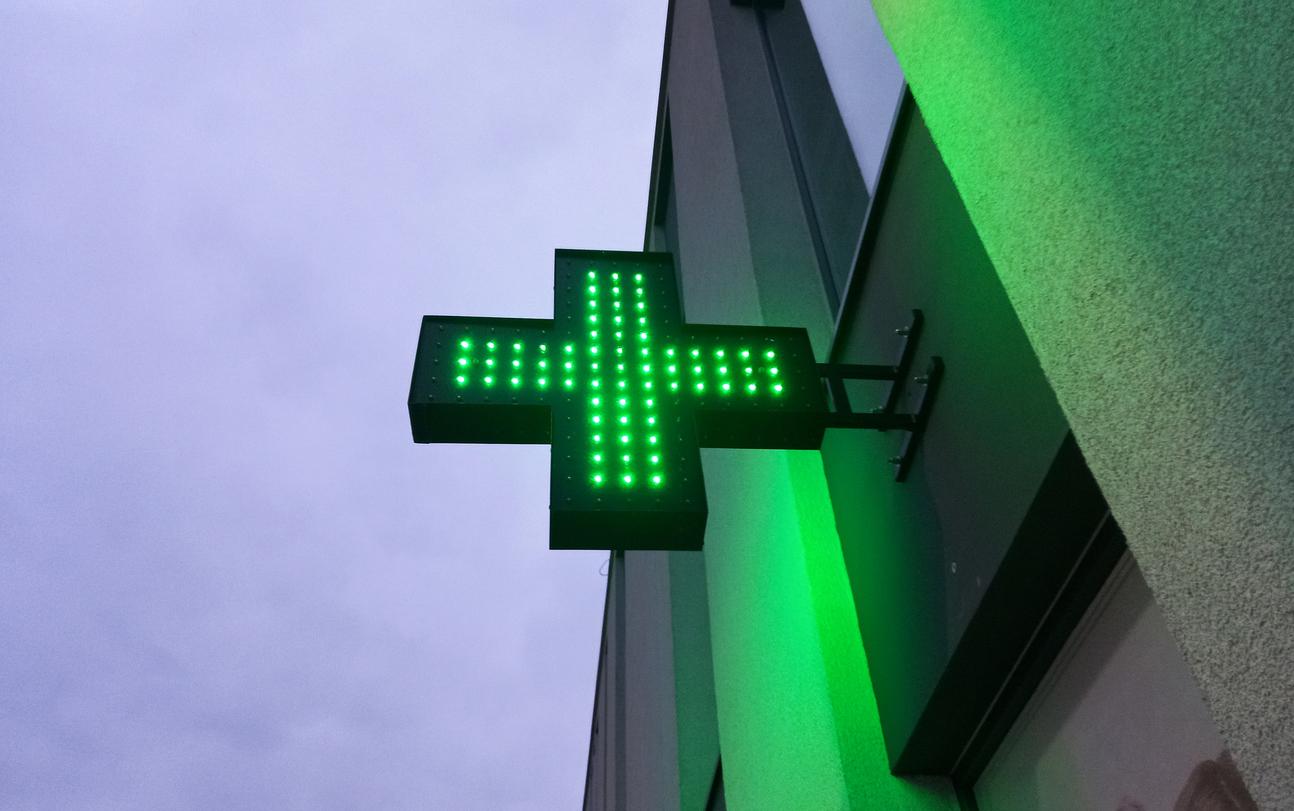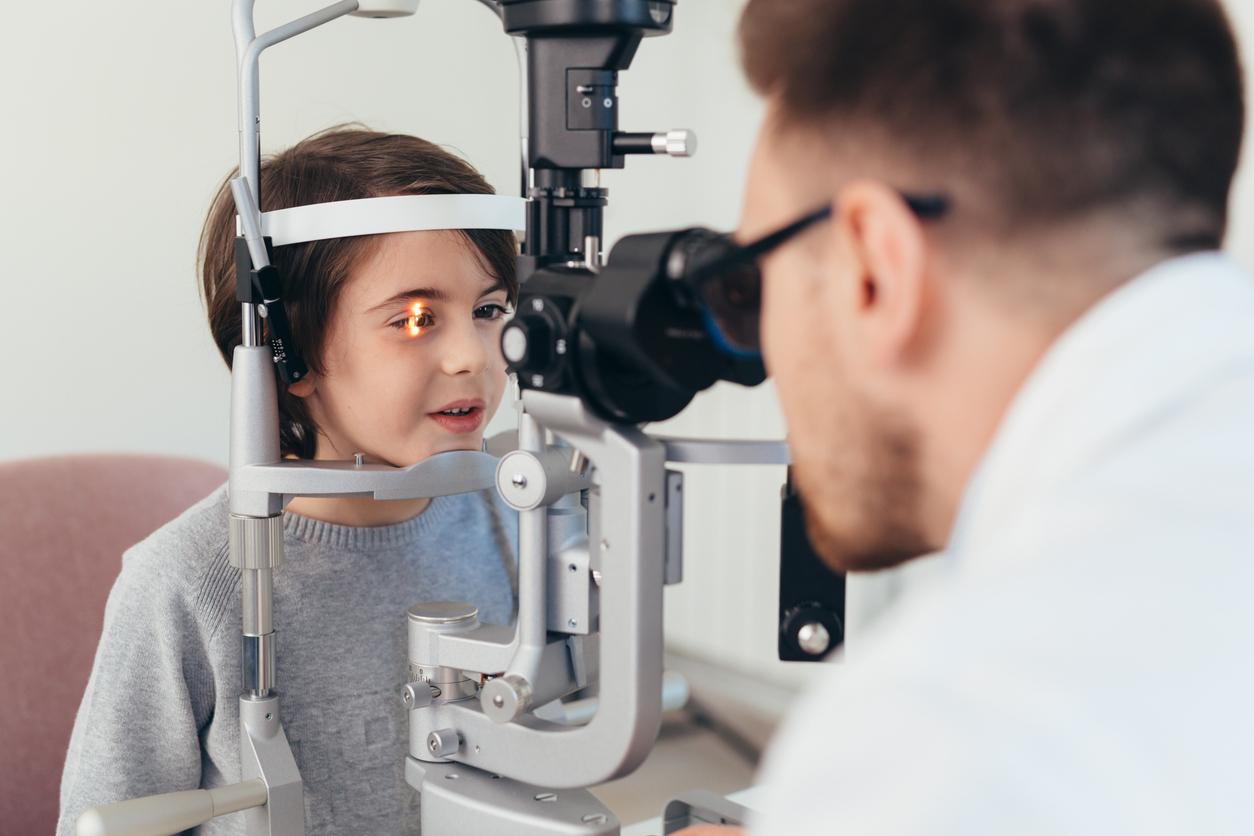This screening method could help detect lung cancer early in people who are not at high risk of developing it.

- Four proteins present in the blood can detect the risk of death linked to lung cancer.
- This could help screen people who are not considered “high risk” for the disease.
- In France, general screening could one day be implemented.
More than 30,000 people died of lung cancer in 2018, in France. Reducing this figure depends both on prevention in the face of avoidable risk factors such as smoking, on better care and also on early detection. The latter is the subject of a recent study published in the specialized journal Journal of Clinical Oncology. Carried out by researchers from the University of Texas Cancer Research Center, it demonstrates that a blood test is effective in assessing the risk of death from lung cancer.
How to detect the risk of death linked to lung cancer?
Scientists analyzed pre-diagnosis blood samples from a large trial of different types of cancer. Of the participants, 552 people later developed lung cancer, 70% of whom died from the disease. Researchers found that a four-protein panel (4MP), when combined with a lung cancer risk model (PLCOm2012), was effective in identifying people at high risk of death from cancer lung, especially in people who have smoked less than ten packs of cigarettes per year. The combination of these two elements showed greater sensitivity and accuracy than the criteria currently used.
Lung cancer: a future tool for early diagnosis?
In the United States, screening for lung cancer is based on criteria determined by the U.S. Preventive Services Task Force, prevention working group. People said to be at high risk must have a CT scan, a CT scan, every year: these are people aged 50 to 80, who smoke at least 20 packs of cigarettes a year, or who smoked this amount annual and who have stopped in the last fifteen years. According to the authors, less than half of lung cancer cases involve people who meet these criteria. “He there is an urgent demand for an alternative approachcomments Samir Hanash, co-author of the study and professor of clinical cancer prevention. This simple blood test has the potential to save lives by determining the need for lung cancer screening on a personalized basis.” The researchers believe that the blood test could become an early detection tool all over the world in the future. Before that, it will have to be validated by the American health authorities, the Food and Drug Administrationfuture trials are therefore to be expected.

Lung cancer screening: where is France?
In France, there is no screening program for lung cancer, but things could change. In April 2022, the High Authority of Health announced the launch of a pilot screening project for bronchopulmonary cancers. “The screening technique will be based on an imaging examination: a low-dose chest scanner without injection, also called low-dose computed tomography., specifies the HAS. The conclusions of this pilot project will make it possible to assess the relevance of deploying a screening program on a national scale.

















